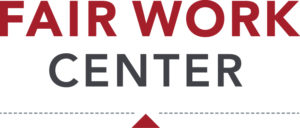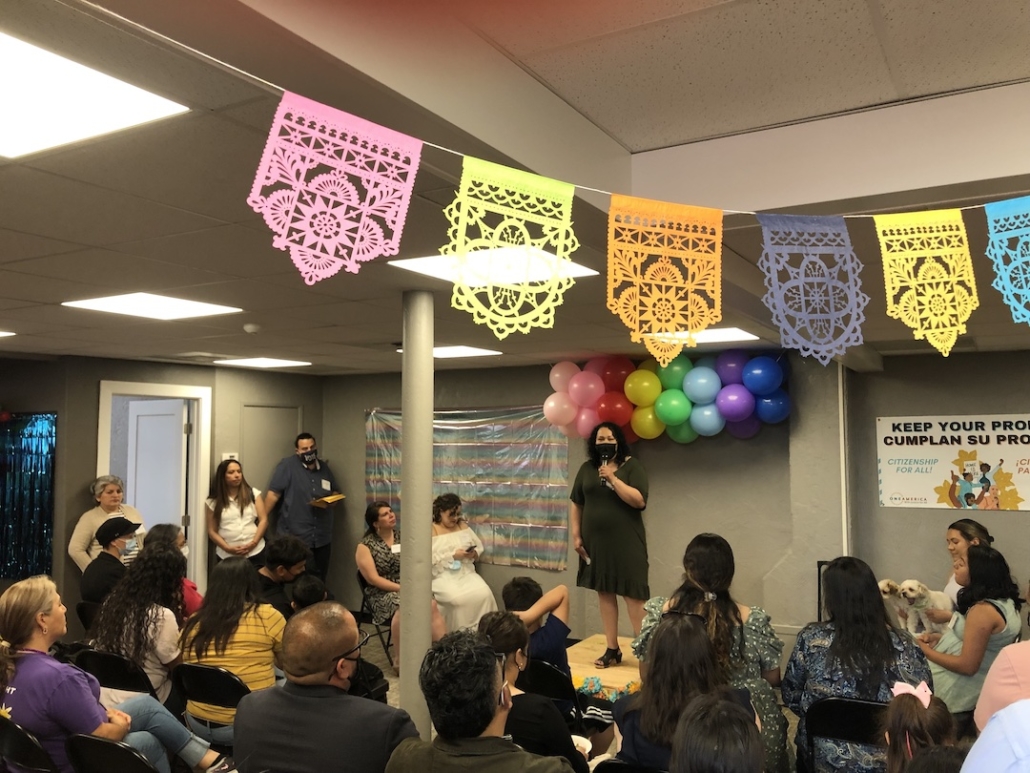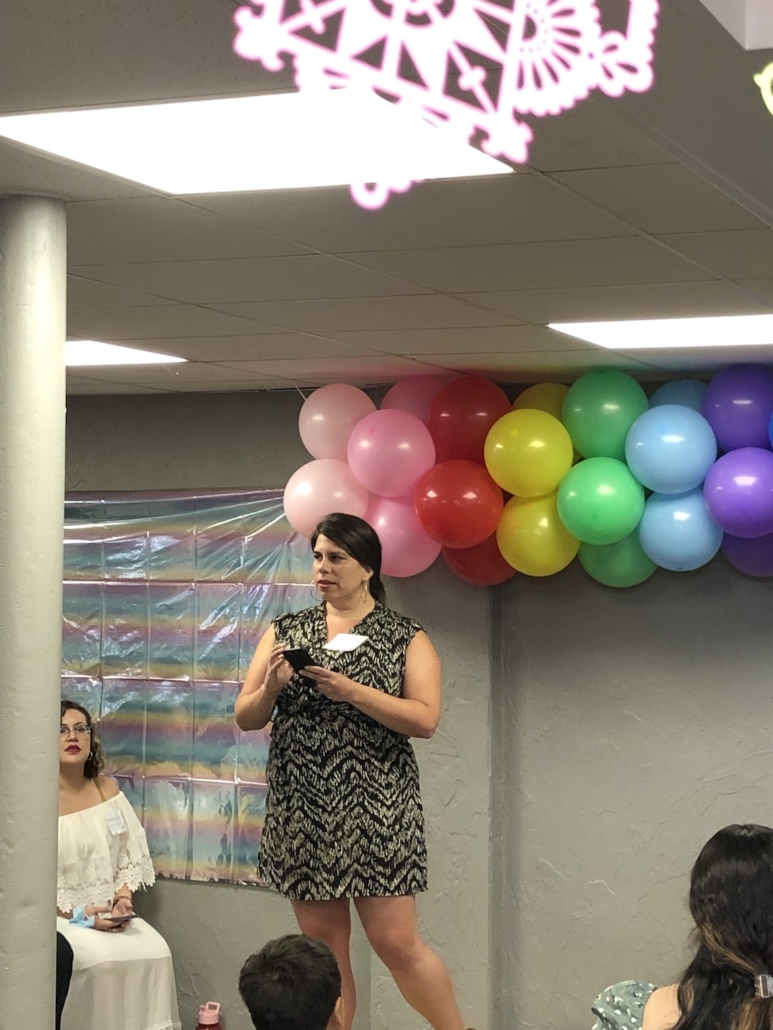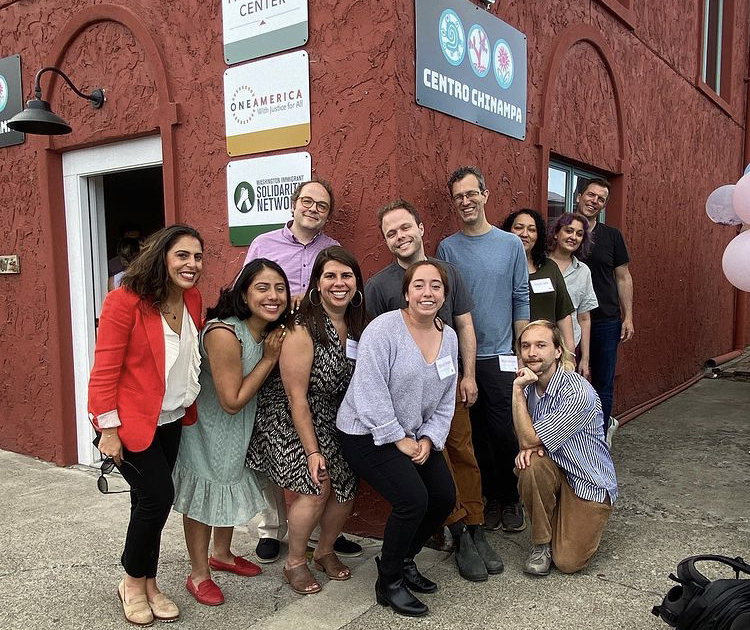WASHINGTON STATE SENATE ADVANCES THE DOMESTIC WORKERS BILL OF RIGHTS, WORKERS REACT
For Immediate Release: March 5, 2025
Contact: Hannah Sabio-Howell | hannah@workingwa.org, (206) 573-2317
Washington state takes a major step toward becoming the thirteenth state in the nation to end the exclusions that shut domestic workers out of minimum wage, sick time, overtime, and other basic labor standards
Following news of the victory, domestic workers speak to the importance of including the industry in fair workplace standards
Seattle, WA – The Washington state Senate today approved a bill to end the historic exclusions of domestic workers from basic, common-sense labor standards such as minimum wage, sick time, and protection from discrimination.
Going back to the dawn of the New Deal, the domestic work industry – made up mostly of immigrants and women of color, then and now – has been legally excluded from the labor standards that ensure stability and prosperity for Washington families. As a result, an estimated 100,000 workers in our state labor in the shadows, often making subminimum wage, working without proper breaks, and feeling unable to speak up for themselves.
Key elements of the policy approved by the Senate today include:
-
Wage and Hour Standards: Establish the right to minimum wage, overtime pay, meal and rest breaks, and notice of termination for domestic workers.
-
Sick Time: End the exclusion of domestic workers from the current state sick time law.
-
Anti-Discrimination & Anti-Retaliation: Prohibit discrimination, harassment, and retaliation based on protected characteristics, including immigration status; remove eight-employee minimum for domestic worker employers; and provide additional protections specific to domestic workers, such as prohibiting the seizure of personal documents and monitoring of private activities.
-
Written Agreements & Record-Keeping: Require written employment agreements and record-keeping of hours, wages, and other employment terms; require “reasonable time” for a worker to review the agreement and to have it translated into the language they understand.
-
Enforcement: Grant authority to the Department of Labor & Industries to investigate complaints, issue citations, and collect unpaid wages; establish private right of action, and create community/agency partnerships to ensure robust and culturally competent enforcement.
Twelve other states, including Oregon and California, have passed a statewide Domestic Workers Bill of Rights, including several major cities across the country. It is more important than ever that all Washington workers get the pay and dignity they are owed. Washington’s economy is the strongest in the nation for a reason – we have worked hard to raise wages and workplace standards for millions, but domestic workers have been left out of that growth. It’s time we make our economy truly inclusive by raising standards for this largely immigrant workforce that sustains so many working-class families and families of color.
The bill now advances to the Washington state House for consideration. If passed, domestic workers across Washington would finally be eligible for the same basic labor standards that workers in most other industry rely upon for stability and dignity in the workplace.
Comments from workers are included below. Contact Hannah Sabio-Howell to arrange an interview.
“Our work is physical, emotional and essential, but many of us still face abuse due to lack of information and enforcement of existing laws. It is crucial that employers have guidance on our rights and that the use of contracts is mandatory to ensure fair conditions.” – Elena Echeverría, cleaner
Many endure sudden cuts to their hours without notice, withheld wages, and the inability to take sick leave out of fear of losing their jobs. Passing this law is critical to expanding the rights of domestic workers and ensuring dignity and fairness for everyone in this profession.” – Lisbeth Herrera, nanny
“During the week I take care of a baby that I adore. Her moms, a pediatrician and a surgeon, are able to focus on their patients because of my work. Yet as essential as my work is, I do not have access to basic rights such as health insurance. We face risks every day: physical injuries, illnesses transmitted by children, or health problems from the chemicals we use when cleaning. Without the rights in the Domestic Workers Bill of Rights, the well-being of our families and those we care for is at risk.” – Jael Cuellar, in-home caregiver
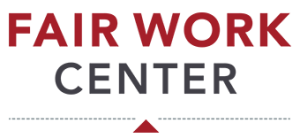

 Mantener el agua fría y accesible
Mantener el agua fría y accesible Proveer áreas con sombra para descansar
Proveer áreas con sombra para descansar  Descansos mandatorios para enfriarse
Descansos mandatorios para enfriarse

